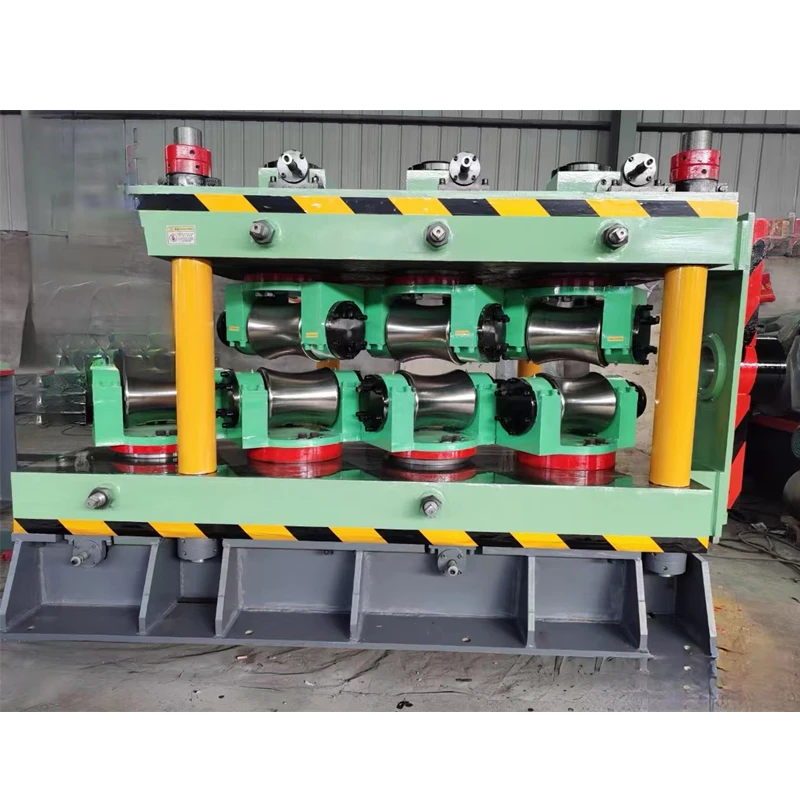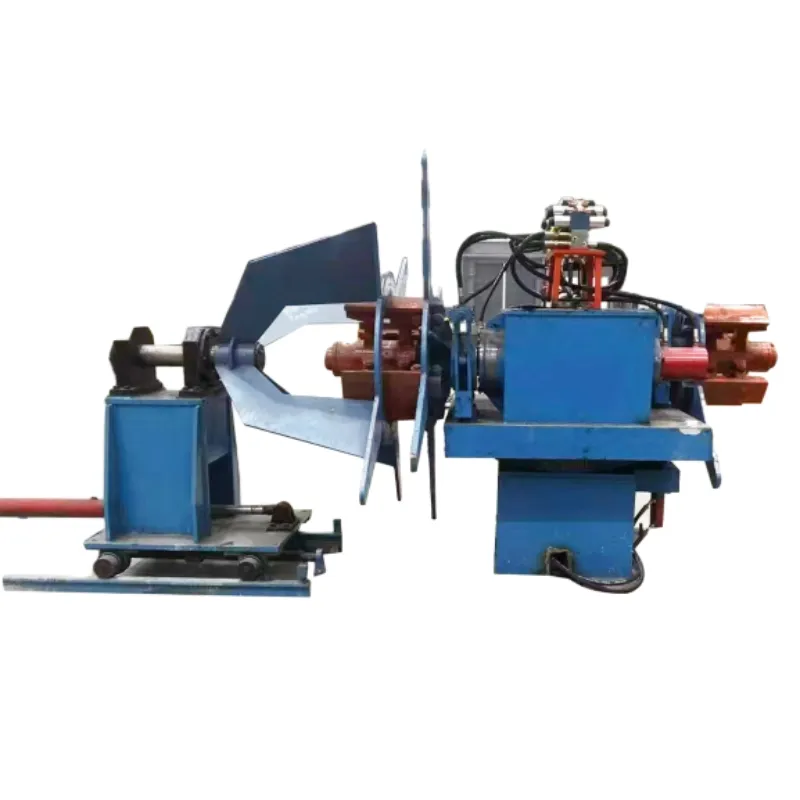Precision CNC Mold Making Services Custom Stainless Steel Molds
- Definition and core processes in modern CNC mold fabrication
- Technical advantages with measurable production impact data
- Comparative analysis of CNC mold manufacturing service providers
- Custom engineering solutions for specialized applications
- Industry-specific implementation case studies
- Material innovation and precision techniques
- Key considerations for selecting CNC mold making services

(cnc mold making services)
Precision Engineering in CNC Mold Making Services
Modern CNC mold making services transform digital designs into high-precision tooling through computer-controlled subtractive manufacturing. This process begins with CAD models converted into machine instructions, followed by multi-axis machining of steel blocks. For complex geometries like stainless steel pipe molds, manufacturers utilize 5-axis machining centers achieving ±0.01mm tolerances. Post-machining treatments include electrical discharge machining (EDM) for intricate details and nitriding surface hardening that extends mold lifespan by 40-60%. The entire workflow integrates quality control checks using coordinate measuring machines (CMM) at each stage, ensuring dimensional accuracy meets ISO 9001 standards.
Technical Advantages Driving Manufacturing Efficiency
Advanced CNC mold making delivers quantifiable improvements in production outcomes. Manufacturers report 30% faster turnaround times compared to conventional methods, with complex mold fabrication completing in 3-5 weeks versus 8-12 weeks traditionally. The integration of high-speed machining (HSM) techniques reduces material waste by approximately 22%, while automated tool changers enable uninterrupted 24-hour operations. Critical technical advantages include:
- Surface finishes down to Ra 0.2μm for polished injection molds
- Thermal stability maintaining ±0.03mm variation at 300°C operating temperatures
- Repeatability accuracy of 99.7% across 500,000+ production cycles
These capabilities directly impact production costs, with clients realizing 18% reduction in per-unit manufacturing expenses after switching to precision CNC molds.
Manufacturing Capability Comparison
| Service Provider | Machining Accuracy | Max Mold Size | Material Options | Lead Time (Complex Mold) |
|---|---|---|---|---|
| Standard Machine Shops | ±0.05mm | 500×500×300mm | 3-5 steel grades | 8-10 weeks |
| Specialized Mold Makers | ±0.01mm | 1500×800×600mm | 20+ steel grades | 4-5 weeks |
| Premium CNC Mold Services | ±0.005mm | 2500×1200×800mm | 40+ metal alloys | 3-4 weeks |
Top-tier providers maintain 18-24 machines per facility with spindle rotation accuracy under 0.001mm. They invest in annual technology upgrades averaging $750,000 per facility to maintain competitive advantages in precision mold making.
Custom Engineering Solutions
Specialized mold making services develop application-specific tooling through collaborative engineering. For medical device manufacturing, we implement vacuum-sealed mold bases eliminating particulate contamination. Automotive clients benefit from conformal cooling channels that reduce cycle times by 35%. A recent project for stainless steel pipe molds required:
- Customized H13 tool steel with 48-52 HRC hardness
- Multi-stage core-pulling mechanism for internal threading
- Corrosion-resistant plating for PVC extrusion applications
These technical solutions increased production output by 28,000 linear feet daily while decreasing maintenance downtime by 60%.
Industry Application Case Studies
Electronics Packaging: Developed micro-injection molds with 0.15mm wall thickness for connector components, enabling 95% first-pass yield on high-volume runs exceeding 500,000 units monthly.
Automotive Lighting: Created optically-polished molds for LED housings using diamond-turned machining. Achieved surface clarity eliminating secondary polishing, reducing per-part costs by $0.38.
Industrial Pipe Manufacturing: Engineered stainless steel pipe mold systems capable of continuous operation at 340°C. Incorporated rapid-change insert technology reducing format changeovers from 8 hours to 45 minutes.
Material Technology Advancements
Leading CNC mold services now employ proprietary steel formulations with enhanced performance characteristics. BÖHLER M333 ISODUR demonstrates 42% higher wear resistance than standard P20 steel, while Thyssenkrupp's 1.2344 ESR grade maintains dimensional stability beyond 1 million cycles. Recent innovations include:
- Copper-beryllium alloys for improved thermal conductivity
- Powder metallurgy steels with hardness up to 64 HRC
- Hybrid composites for abrasive plastic compounds
These materials coupled with micro-machining capabilities (0.1mm end mills) enable complex features previously unachievable in production tooling.
Selecting Optimal CNC Mold Making Services
Choosing proper CNC mold making services requires evaluating technical capabilities against production requirements. Reputable suppliers document tool life expectations with supporting metallurgical reports and provide simulated flow analysis before manufacturing. Critical selection criteria include:
- Validation of machining precision through recent CMM reports
- Documented reduction in customer production scrap rates
- Post-manufacturing support including maintenance training
The strategic advantage of partnering with specialized CNC mold making services emerges in annual production cost analyses. Most facilities recover initial tooling investments within 11 months through combined gains in output quality, maintenance reduction, and operational efficiency.

(cnc mold making services)
FAQS on cnc mold making services
Q: What are CNC mold making services?
A: CNC mold making services involve using computer-controlled machines to create precise molds for manufacturing. These services cover design, machining, and finishing for industries like automotive or consumer goods. They ensure high accuracy and efficiency in mold production.
Q: How does CNC mold making improve mold accuracy?
A: CNC mold making uses automated processes to cut materials with micron-level precision. This reduces human errors and ensures consistent quality for complex mold shapes. It also speeds up production compared to manual methods.
Q: What materials are used in stainless steel pipe mold creation?
A: For stainless steel pipe molds, durable alloys like 304 or 316 stainless steel are commonly employed. CNC machining shapes these materials into custom pipe molds with resistance to corrosion and high pressure. This guarantees long-lasting performance in applications like plumbing or industrial piping.
Q: Why choose CNC mold making over traditional methods?
A: CNC mold making offers faster turnaround times and superior repeatability for complex designs. It handles intricate geometries that manual techniques can't achieve. Additionally, it integrates seamlessly with digital workflows for cost-effective solutions.
Q: Where are CNC mold making services typically applied?
A: These services are used in sectors such as injection molding for plastics or metal casting. They support stainless steel pipe mold fabrication for water systems or oil industries. Ultimately, CNC mold making enhances precision across custom part manufacturing.
-
Advanced Rolling Mill Machine Precision Cold Rolling SolutionsNewsJun.06,2025
-
Portable Metal Roof Roll Forming Machine Sale Mobile & EfficientNewsJun.06,2025
-
Powerful Hydraulic Angle Iron Shear for Metal CuttingNewsJun.06,2025
-
Roll Forming Tube Machines Precision Efficiency & Custom SolutionsNewsJun.05,2025
-
Used Standing Seam Roll Forming Machine Affordable & ReliableNewsJun.05,2025
-
Precision Steel Rod Straightening Machine for High AccuracyNewsJun.05,2025


